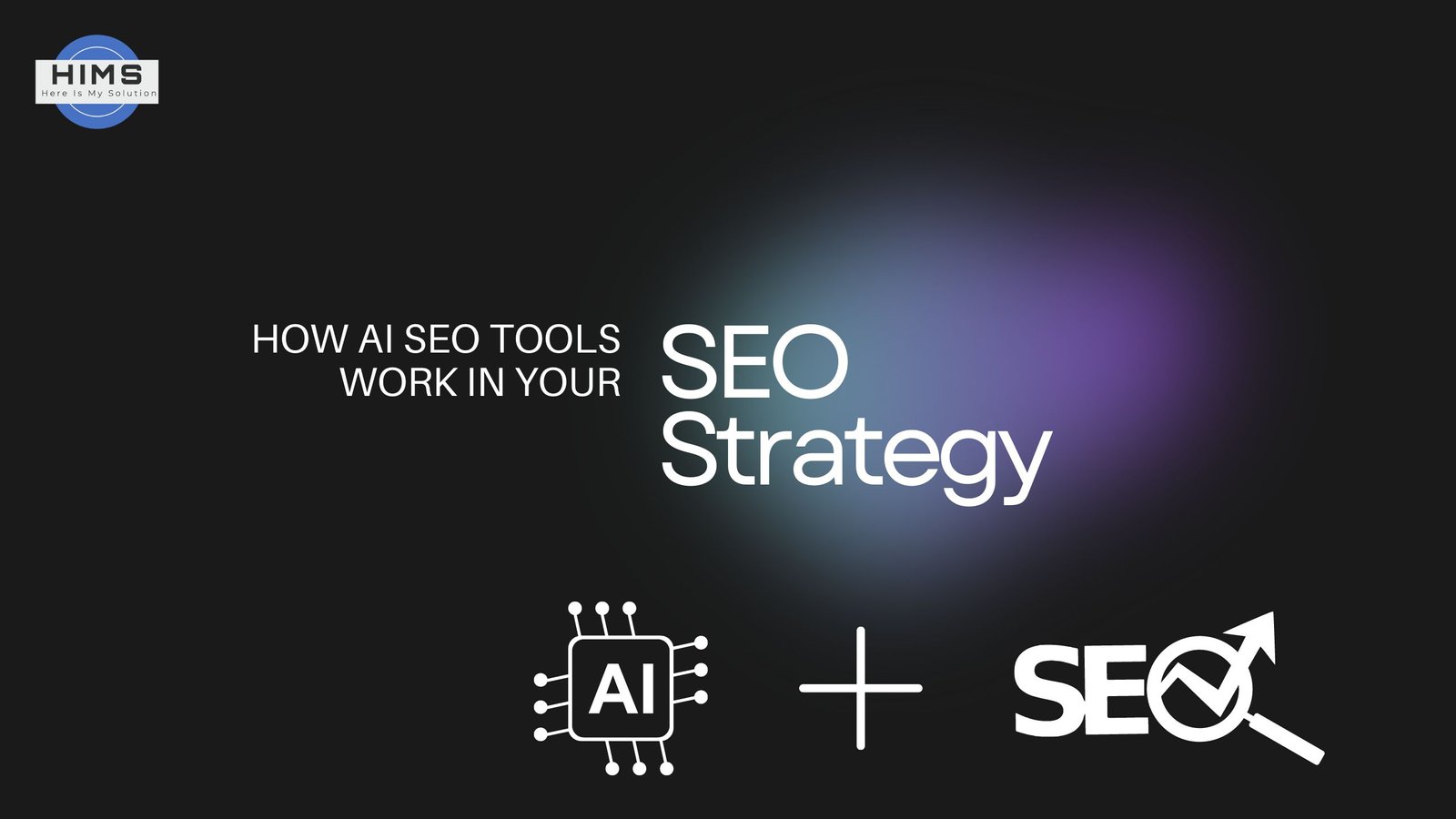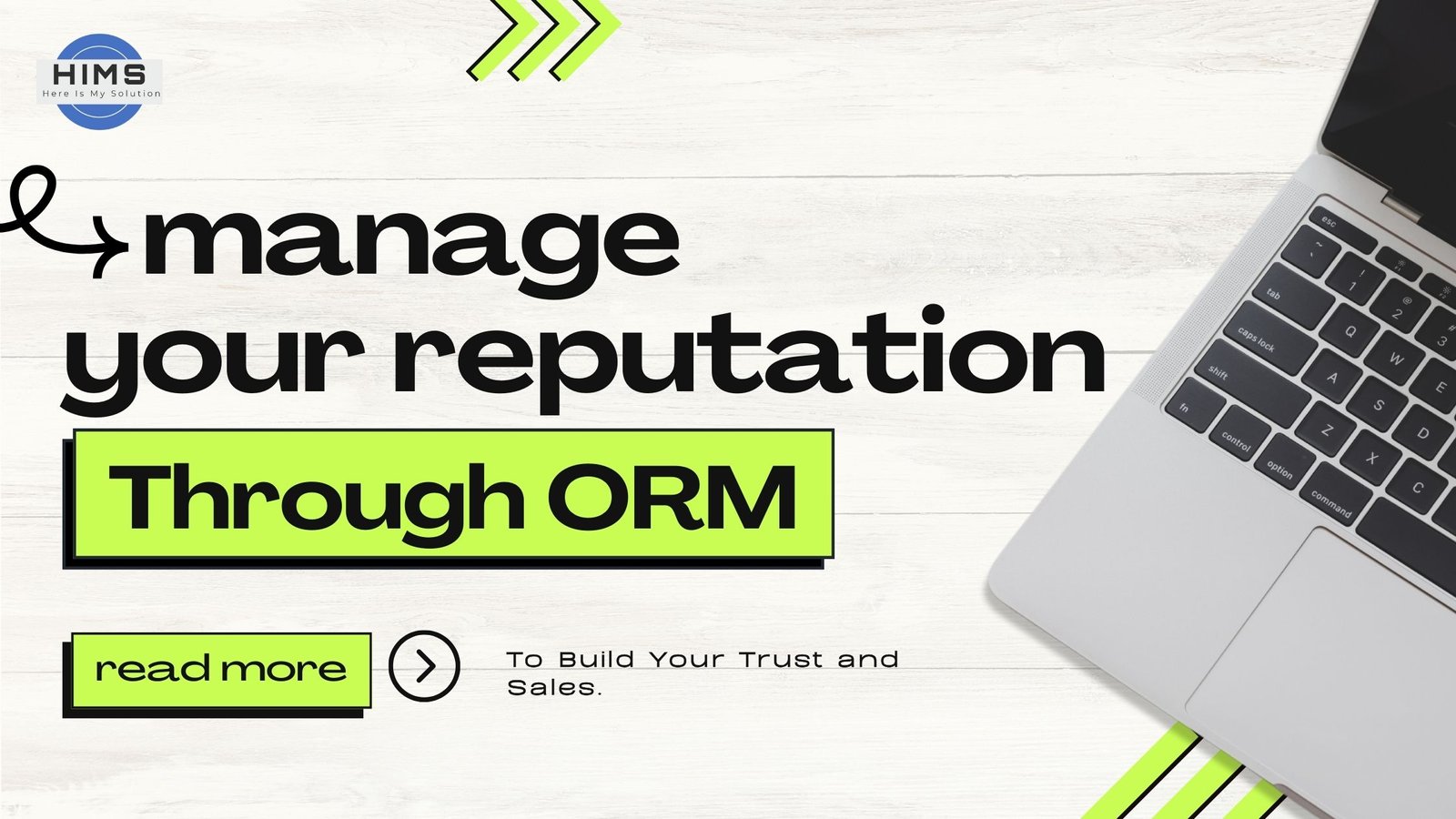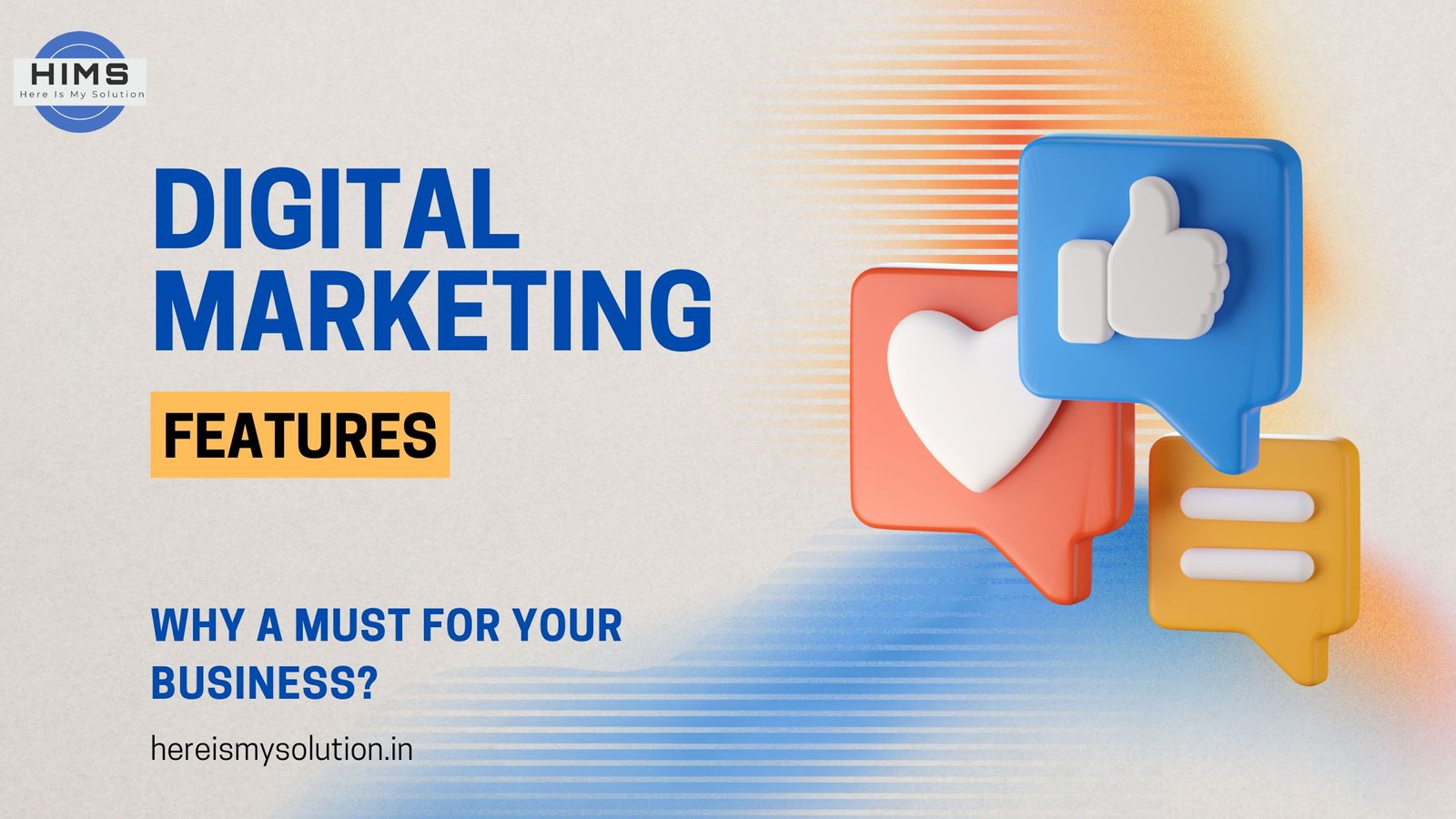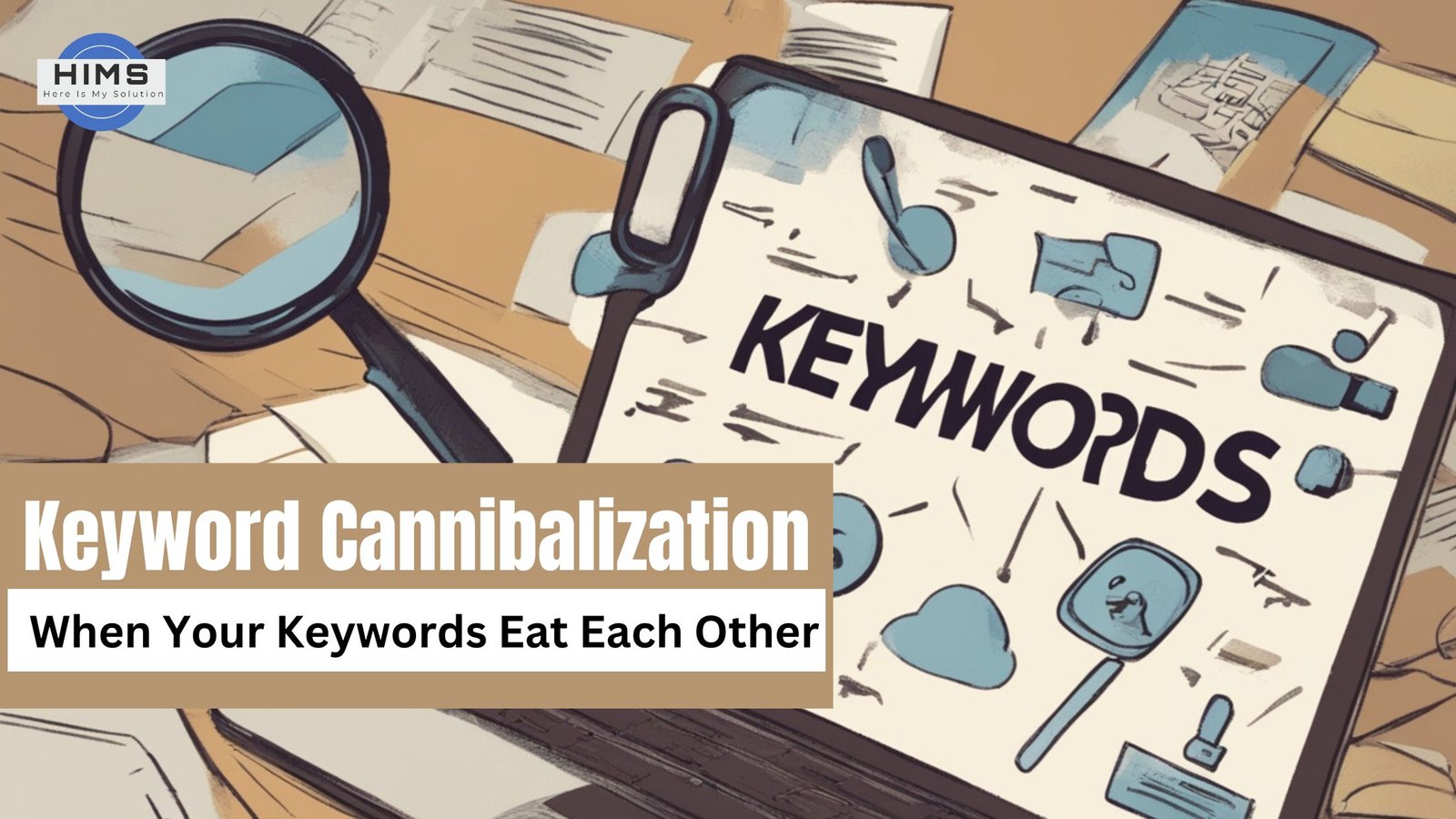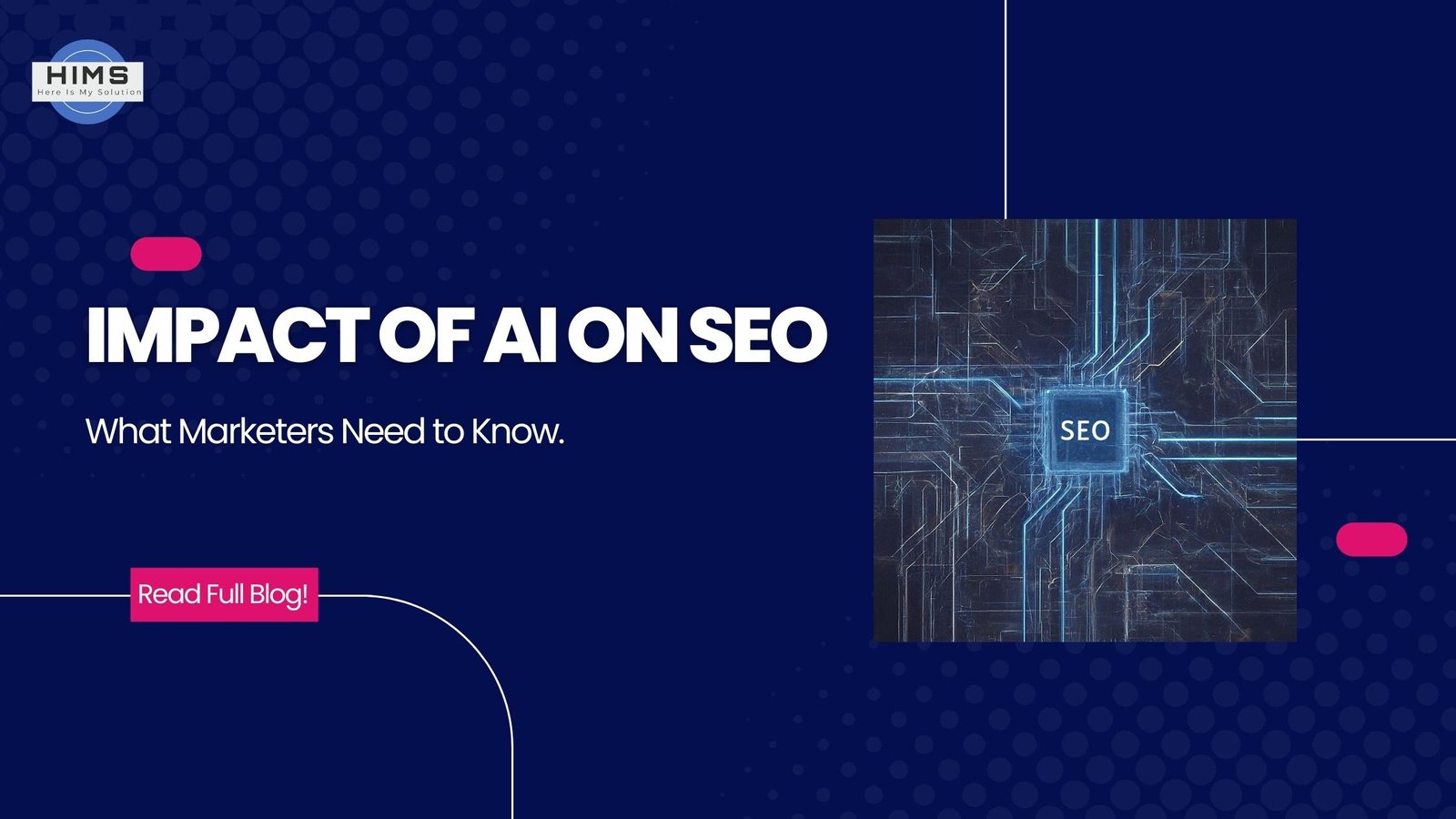AI in Digital Marketing
Ever feel like you’re constantly chasing the ever-changing whims of search engines? Well, artificial intelligence (AI) is here to shake things up in the world of digital marketing.
With AI’s increasing impact on SEO, it’s no wonder that more and more marketers are turning to AI and SEO tools to get ahead of the game. That’s why we’re diving into how AI SEO tools can revolutionize your SEO strategy.
Importance of AI Tools in Your SEO Strategy
AI and SEO are becoming the ultimate power couple in digital marketing. AI-powered tools are transforming the way we approach everything from content creation and keyword research to technical SEO and analytics.
AI has a profound impact on SEO, enhancing its efficiency and effectiveness across the board. But don’t just take our word for it – check out our insightful article on the impact of AI on SEO for a deeper dive.
In the fast-paced world of modern SEO, AI SEO tools have become indispensable allies. These tools can automate tedious tasks, uncover hidden insights, and help you optimize your content for maximum visibility. Whether you’re a seasoned SEO pro or just starting, incorporating AI into your strategy can give you a serious competitive edge.
This article on how AI tools improve your SEO strategy is a great resource for understanding the importance of AI in today’s SEO landscape.
What You Need To Know
In this blog, we’ll break down the inner workings of AI SEO tools and show you how they can benefit your SEO strategy. We’ll cover everything from keyword research and content optimization to backlink analysis and technical SEO audits. By the end, you’ll have a clear understanding of how these tools can help you achieve your SEO goals and drive more organic traffic to your website. Ready to unlock the power of AI and SEO? Let’s get started!
What Are AI SEO Tools?
AI SEO tools are technologies that use artificial intelligence to automate tasks and generate insights in search engine optimization. They can be used for a variety of purposes, including keyword research, content creation, and data analysis.
For example, AI-powered tools can help SEOs identify emerging topics, create targeted content, and optimize content for the latest search behaviors. Additionally, AI SEO tools can help SEOs streamline their workflow by automating repetitive tasks.
How AI SEO tools differ from traditional SEO tools?
Traditional SEO
- Relies on manual processes: SEO professionals conduct keyword research, content creation, and link building. This can be time-consuming and resource-intensive.
- Limited data analysis: Traditional SEO tools may require human expertise to interpret data and make strategic decisions.
AI SEO
- Uses automation: AI algorithms automate tasks like keyword research, content creation, and link building. This allows for faster analysis and more efficient use of resources.
- Data-driven insights: AI SEO tools use data analysis to identify trends, predict future shifts, and optimize content for search engines.
For instance,
Let’s say you are trying to improve the ranking of your website for the keyword “best AI SEO tools.”
- Traditional SEO: You would need to manually research the keyword, create content that is relevant to the keyword, and build backlinks to your website from other websites that are relevant to the keyword. This could take weeks or even months.
- AI SEO: You could use an AI SEO tool to automate the process. The tool would research the keyword for you, suggest content ideas, and generate backlinks to your website. This could save you a significant amount of time and effort.
AI SEO tools and traditional SEO tools are both used to improve a website’s search engine ranking. However, they differ in the way they achieve this goal. AI SEO tools use automation and data analysis to optimize websites, whereas traditional SEO relies on manual processes and human expertise.
How AI SEO Tools Improve Your SEO Strategy
1. Keyword Research and Analysis
-
How AI tools identify high-performing keywords:
AI-powered tools sift through massive datasets, analyzing search volume, competition, and user intent to pinpoint keywords with the highest potential for driving organic traffic. They can also uncover long-tail keywords and emerging trends that traditional tools might miss.
-
Benefits of AI-driven keyword analysis:
You get deeper insights into keyword performance, saving you time and effort. AI algorithms can predict which keywords are likely to trend, giving you a competitive edge.
-
Examples of tools and their features:
- Semrush: Uses AI to identify high-potential keywords, track keyword rankings, and analyze competitors’ strategies.
- Ahrefs: Employs AI for keyword research, content gap analysis, and backlink analysis.
- MarketMuse: Leverages AI to optimize content for specific keywords and improve topical authority.
2. Content Optimization
-
Role of AI in optimizing content for search engines:
AI tools analyze top-ranking content to identify patterns and suggest improvements to your own content. They can help you optimize for readability, keyword density, and relevance.
-
Techniques used by AI tools for content enhancement:
AI can generate content briefs, suggest optimal word counts, and even write entire articles. Some tools use natural language processing (NLP) to analyze the sentiment and tone of your content.
3. On-Page SEO
-
How AI tools optimize on-page elements like meta tags, headers, and images:
AI tools can analyze your on-page elements and suggest improvements to optimize them for search engines. This includes things like crafting compelling meta descriptions, optimizing header tags, and ensuring images are properly tagged.
-
Tools and their specific features for on-page SEO:
- Yoast SEO: Uses AI to analyze your content and provide suggestions for improving readability and SEO.
- Alli AI: An AI-powered SEO assistant that helps you optimize your website for search engines.
- INK: Offers AI-powered content optimization and SEO suggestions.
4. Technical SEO
-
Use of AI in site audits and performance monitoring:
AI tools can crawl your website and identify technical issues that could be hurting your SEO, such as broken links, slow page speed, and duplicate content.
-
Tools to identify and fix technical issues:
- Screaming Frog: A popular website crawler that can be used to identify technical SEO issues.
- DeepCrawl: A cloud-based website crawler that provides in-depth insights into technical SEO.
5. Competitor Analysis
-
AI’s role in analyzing competitors’ strategies:
AI tools can analyze your competitors’ websites to identify their top-performing keywords, content, and backlinks. This information is helpful to develop an effective SEO strategy.
-
Tools that provide insights into competitor performance and tactics:
- Semrush: Provides competitor analysis features, including keyword gap analysis and backlink gap analysis.
- SpyFu: Another popular competitor analysis tool that provides insights into competitors’ organic and paid search strategies.
Benefits of Using AI SEO Tools
1. Increased Efficiency and Time Savings:
-
Automation of Repetitive Tasks:
AI handles mundane SEO tasks like keyword research, data analysis, and even content optimization, freeing you up to focus on strategic planning and creative initiatives.
-
Streamlined Workflows:
AI tools integrate with your existing systems, creating a seamless workflow that saves time and reduces manual errors.
2. Enhanced Accuracy and Data-Driven Decisions:
-
Advanced-Data Analysis:
AI algorithms can quickly analyze massive amounts of data, uncovering patterns and insights that would take humans much longer to identify. This leads to more informed and accurate decision-making.
-
Predictive Analytics:
AI can forecast trends and anticipate changes in the search landscape, allowing you to proactively adjust your strategies.
3. Ability to Stay Updated with SEO Trends:
-
Constant Learning:
AI algorithms are constantly learning and evolving, ensuring that your SEO strategy stays ahead of the curve and adapts to the latest search engine algorithms.
-
Real-Time Insights:
AI tools provide up-to-the-minute data and analysis, keeping you informed of any changes that could impact your rankings.
4. Improved Content Quality and Relevance:
-
Content Optimization:
AI tools can analyze your content and suggest improvements to enhance its relevance, readability, and search engine optimization.
-
Personalized Content:
AI can help you create personalized content experiences that resonate with your target audience, increasing engagement and conversions.
5. Better User Experience and Engagement:
-
Enhanced Search Results:
AI-powered search engines deliver more relevant and personalized results, leading to a better user experience.
-
Voice Search Optimization:
AI tools can help you optimize your content for voice search, which is becoming increasingly popular.
Some Popular AI Tools to Improve Your SEO
Here are some of the best AI SEO tools I have tried:
-
HubSpot AI tools:
HubSpot AI tools are a set of AI-powered features that can help you improve your SEO. These tools include keyword research, content optimization, and backlink analysis.
-
Surfer SEO:
Surfer SEO is an AI-powered SEO tool that helps you optimize your website content for search engines. Surfer SEO provides a score for your content based on how well it is optimized for your target keywords.
-
Scalenut:
Scalenut is an AI-powered content creation platform that can help you create high-quality, SEO-friendly content. Scalenut uses AI to generate different creative text formats, like blog posts, articles, social media posts, etc.
-
Pictory:
Pictory is an AI-powered image creation platform that can help you create high-quality images for your website and social media posts. Pictory uses AI to generate images from text descriptions.
-
NitroPack:
NitroPack is an AI-powered website optimization platform that can help you improve your website’s speed and performance. NitroPack uses AI to optimize your website’s images, code, and fonts.
-
NeuralText:
NeuralText is an AI-powered content creation platform that can help you create high-quality, SEO-friendly content. NeuralText uses AI to generate different creative text formats, like blog posts, articles, social media posts, etc.
These are just a few of the many popular AI SEO tools available. Your needs and budget will lead to the best tool for you.
Here are some additional factors to consider when choosing an AI SEO tool:
- Ease of use: The tool should be user-friendly so that even a non-SEO could use it.
- Features: The tool should have the features that you need, such as keyword research, content optimization, and backlink analysis.
- Price: The tool should be affordable for your budget.
In addition to the incredible potential of AI SEO tools, I’ve personally experienced the power of AI in boosting organic traffic. Through strategic AI prompt engineering with ChatGPT, I was able to fine-tune my content strategy, resulting in an 18% increase in organic traffic within just one month.
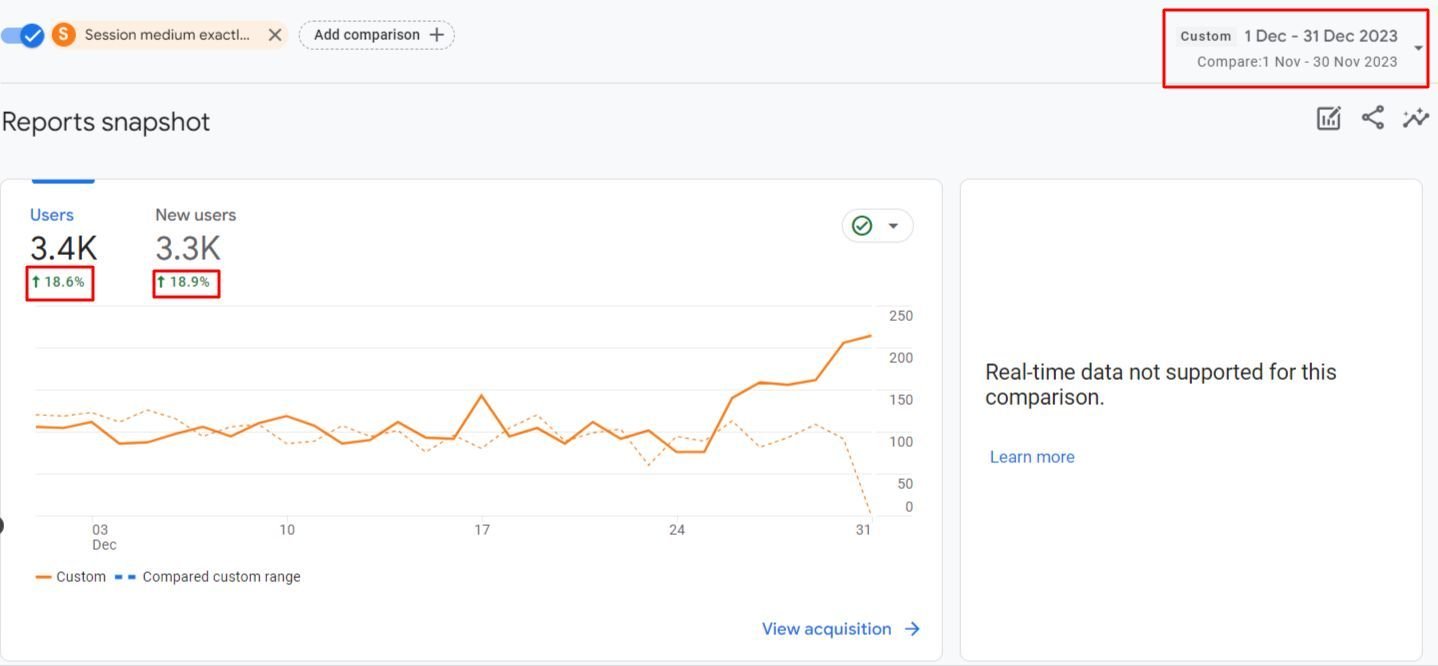
By crafting precise prompts, I unlocked ChatGPT’s ability to generate high-quality, SEO-optimized content that resonated with my target audience. This not only improved my search engine rankings but also enhanced the overall user experience on my website.
Conclusion- What is my take on it?
AI SEO tools are revolutionizing how we approach search engine optimization. They offer unparalleled efficiency, accuracy, and insights that traditional methods simply can’t match. From identifying high-performing keywords and optimizing content to enhancing technical SEO and gaining a competitive edge, AI tools are transforming the SEO landscape.
Whether you’re a seasoned SEO professional or a newcomer to the field, embracing AI SEO tools can significantly enhance your strategy and drive better results. By automating tedious tasks, uncovering valuable data-driven insights, and continuously adapting to evolving trends, AI empowers you to achieve your SEO goals faster and more effectively.
While AI SEO tools are powerful allies, it’s important to remember that human expertise and intuition remain essential. The most effective approach is to combine the strengths of both AI and human intelligence to create a well-rounded and successful SEO strategy.
I hope this helps!
Need SEO Assistance? Contact us today for a free SEO consultation!

